Vít Kanyza
Your project has been recognized in Prague International Film Awards. Could you please provide a brief overview of your project and its significance in the context of our festival?
I am extremely grateful for the award I received. My main goal was to show the world Haiti from a different perspective and gain the attention of the audience and spread their awareness that they too can help.
"One Day in Haiti" brings to life everyday life in this poor Caribbean country. Through the testimonies of local residents and charity workers, it presents us with their struggle with difficult living conditions and shows the huge difference between poverty and wealth. The film also explains, through a short animation, the historical events that have influenced the current situation in Haiti. Its goal is not to answer complex questions, but rather to give us an insight into the everyday life of local residents and show how we can help as citizens of the Czech Republic following the example of the Olomouc charity, which has been going to Haiti every year for many years.
I am extremely grateful for the award I received. My main goal was to show the world Haiti from a different perspective and gain the attention of the audience and spread their awareness that they too can help.
"One Day in Haiti" brings to life everyday life in this poor Caribbean country. Through the testimonies of local residents and charity workers, it presents us with their struggle with difficult living conditions and shows the huge difference between poverty and wealth. The film also explains, through a short animation, the historical events that have influenced the current situation in Haiti. Its goal is not to answer complex questions, but rather to give us an insight into the everyday life of local residents and show how we can help as citizens of the Czech Republic following the example of the Olomouc charity, which has been going to Haiti every year for many years.
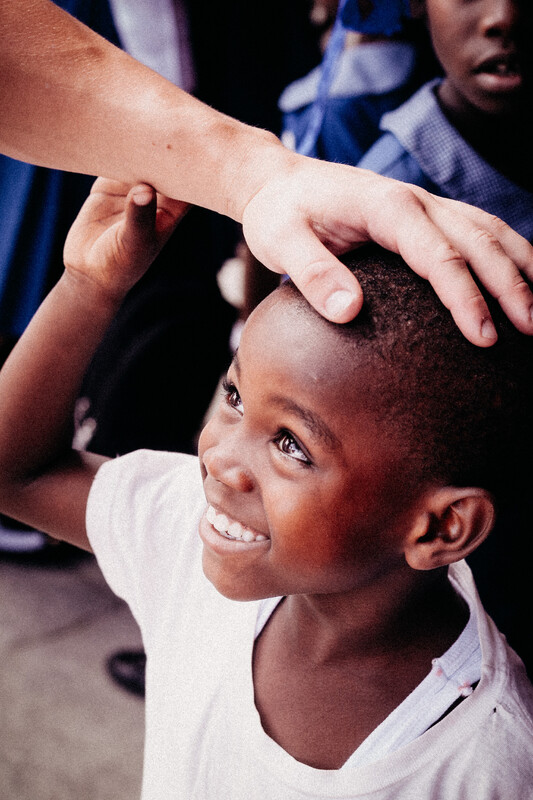
What were the key criteria or qualities you sought in selecting actors to participate in your film?
Nothing was pre-arranged. My task in Haiti was primarily to take pictures of the children for the database so that the adoptive parents would know what they looked like. Next, shoot a series of short spots for the Olomouc charity, which they subsequently used for newsletters, promotion and obtaining the necessary funds for Haitians. In my spare moments, I asked the charity workers if they knew any local people, be it fishermen, carpenters, etc. During those 35 days, we came across many situations in which I always had my camera with me and every day something was filmed.
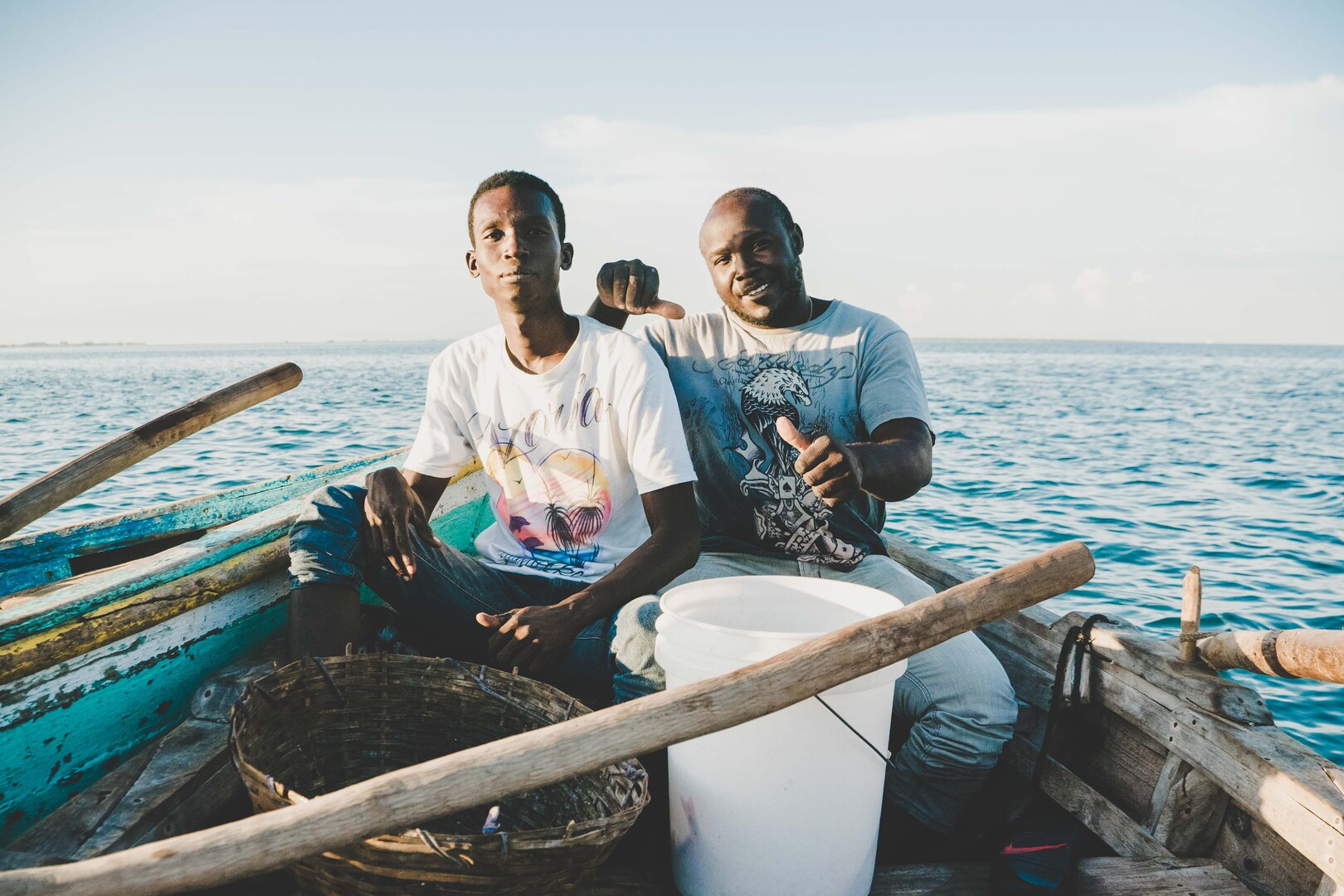
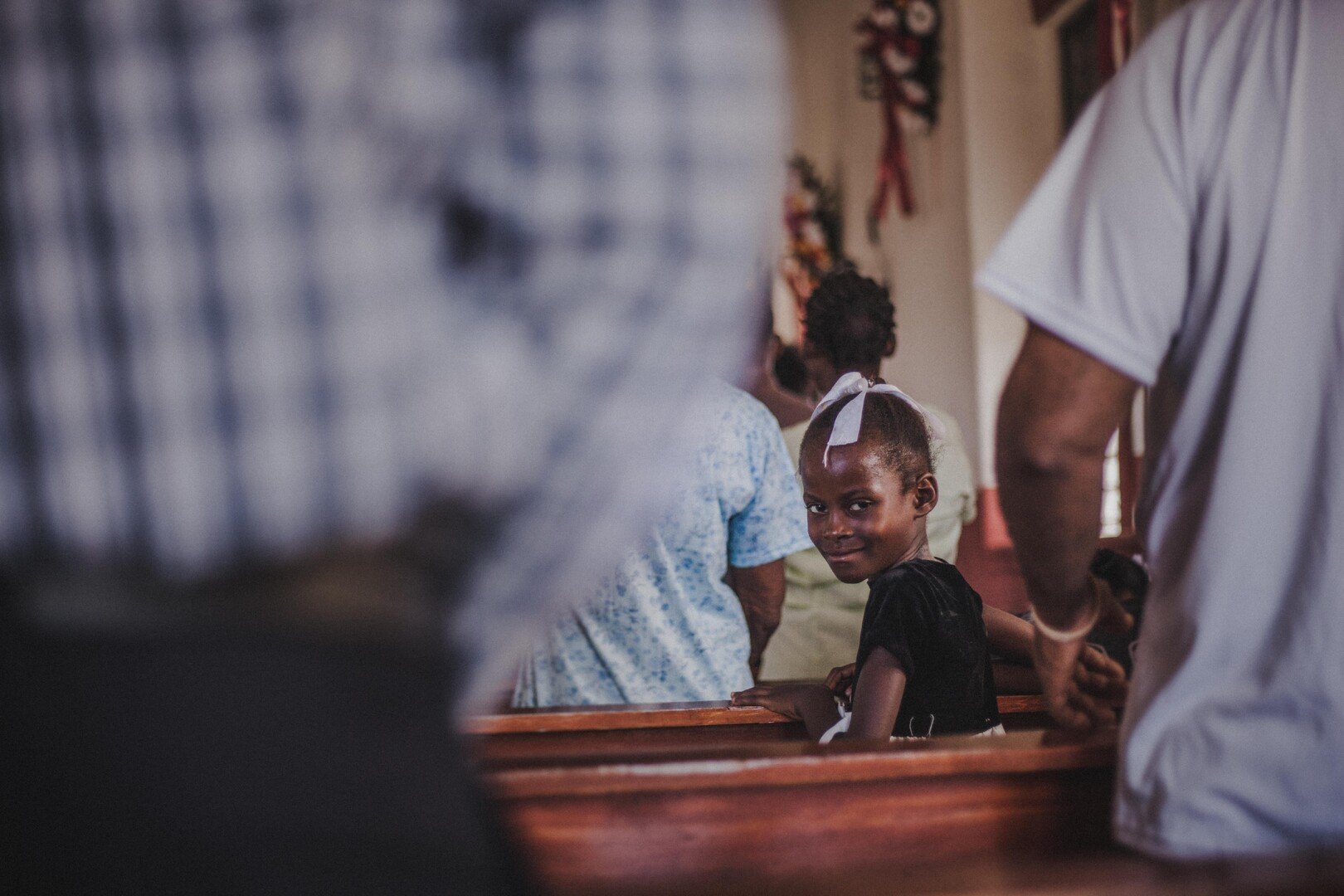
How did you collaborate and communicate with the cinematographer to achieve your desired visual style?
Being a cinematographer and director myself, it was simple. I didn't know what awaited me in Haiti and that's why I didn't want to complicate things. Handheld camera, directional microphone, small sound recorder and drone. The visual style was written by fate itself.
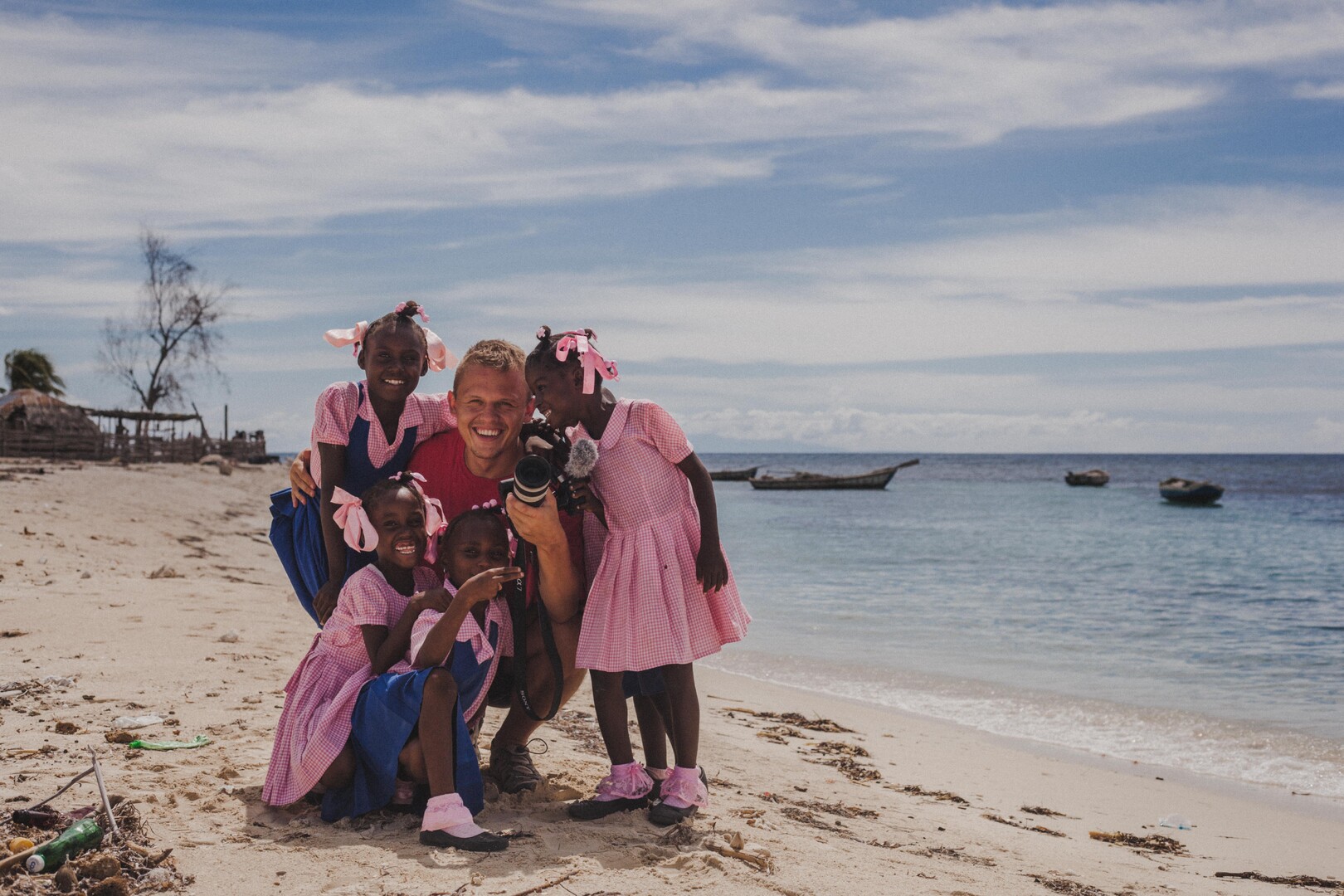
Can you elaborate on the choice of locations for your project and the significance behind those selections?
The choice of locations was not under my direction. Every year there is a charity coordinator who needs to visit all the school institutions they support. I only followed her steps day by day and together we crossed Haiti from north to south.
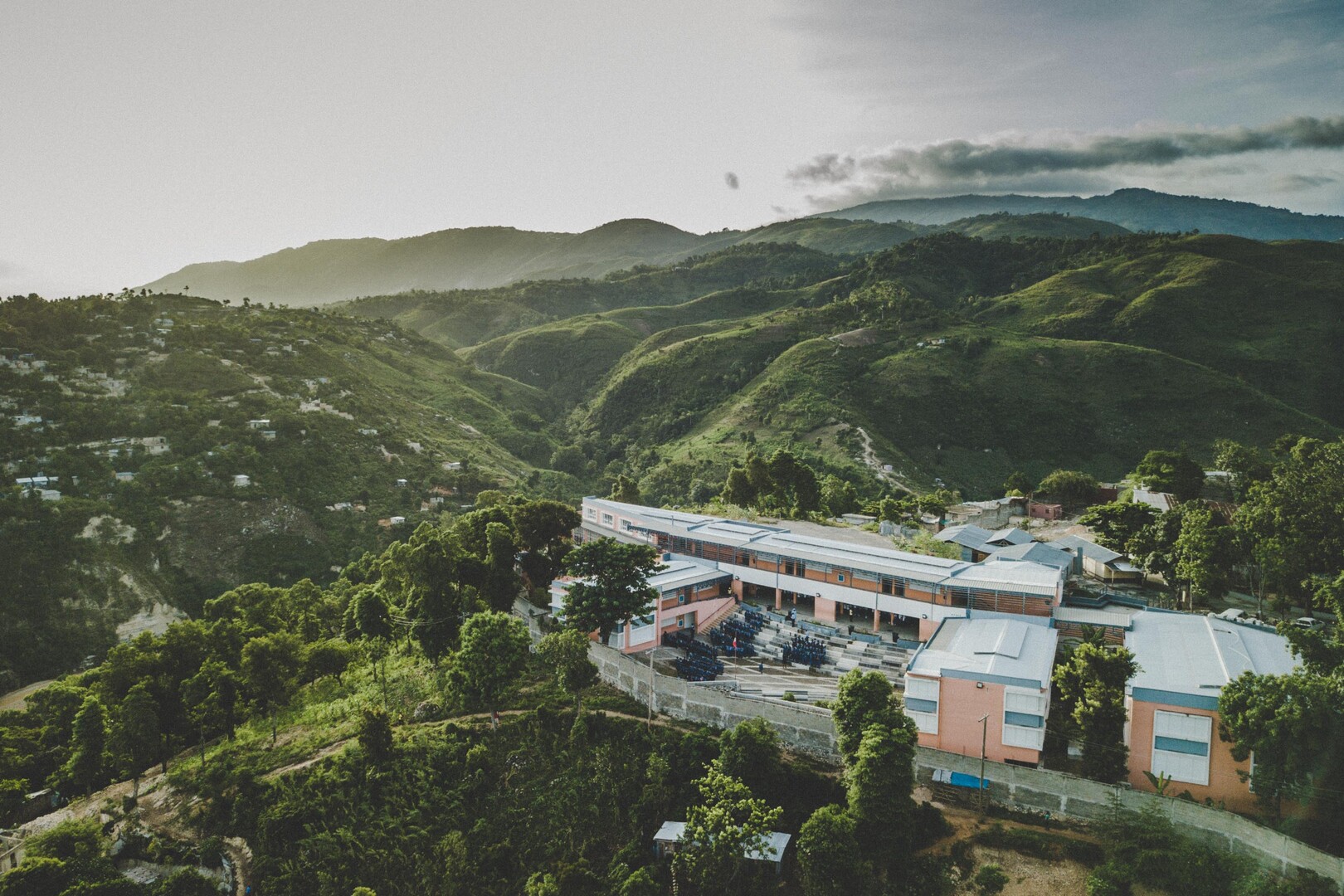
From your perspective, what unique qualities or aspects of your film make it a compelling choice for potential distributors?
Uniqueness, sincerity and desire to help others. That's what makes my film interesting, or so I think. There were not many people in Haiti, there are no roads, postal codes, electricity often does not work and there are riots in the capital every day. Getting there and finding something nice in Haiti was difficult, but I think I succeeded. With the film, I want to show people Haiti from a different perspective than what they see on TV. So that, like me or the charity, they can lend a helping hand to children who, unfortunately, did not choose the place where they were born. It makes sense.
Could you discuss the artistic elements or expressions you incorporated into your project, and how they contribute to the overall characterization of your work?
I think the only creative element in the film is the powerful stories of people speaking to you through the screen. It is a document in which honesty comes first, unchanged. They are real stories from real Haiti.
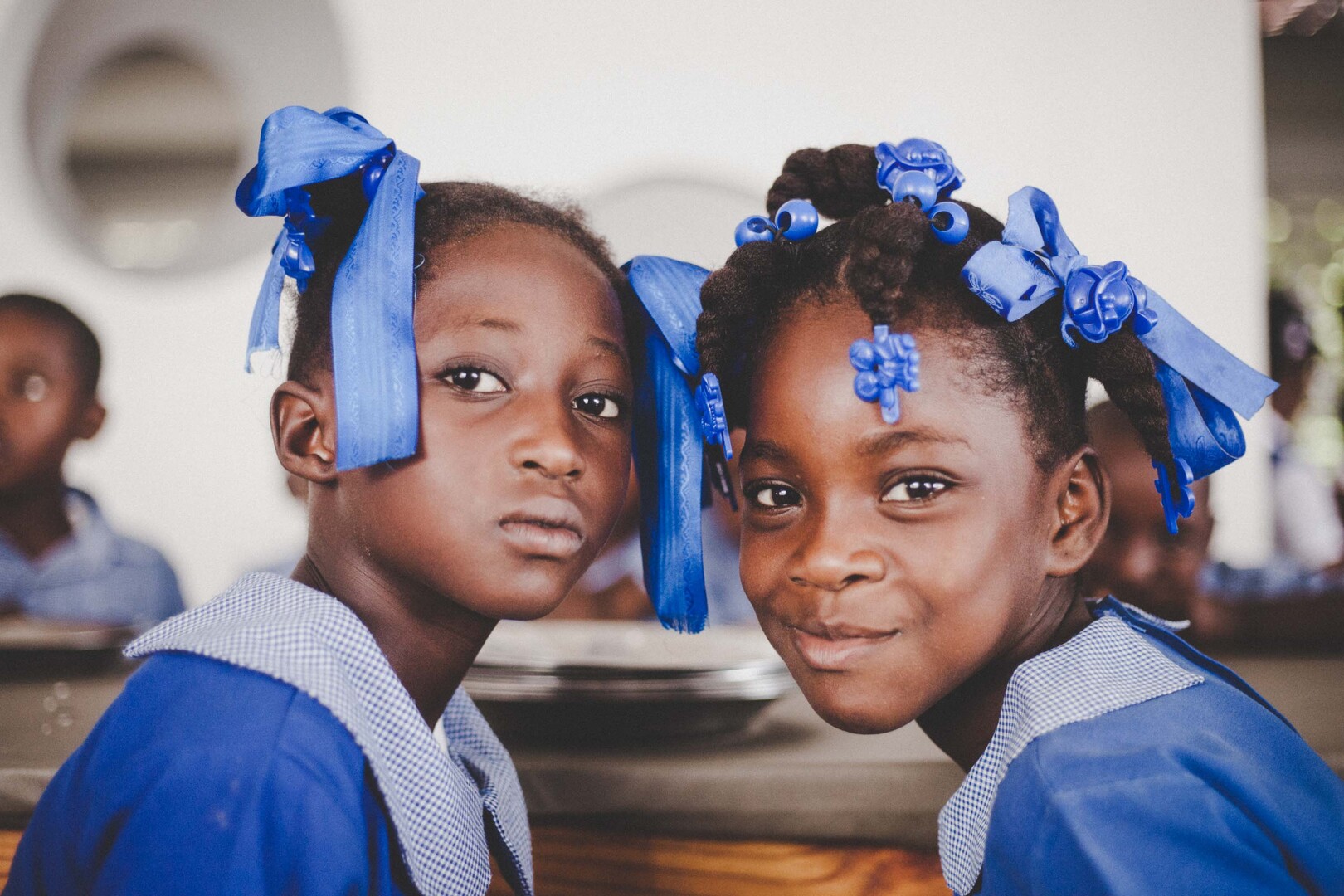
What initially inspired or motivated you to pursue a career in filmmaking?
My grandmother, who always had a camera in her hand during any trip, vacation, birthday, etc. When I was around 12, I got my first camera from her and when I was 14, I started freestyle football and I also started filming it and cutting, and that first led me to think that I would like to do it for a living one day.
Are there any particular films or filmmakers that have greatly influenced or inspired your own work? If so, what aspects of their work resonate with you?
I have many favorite films and favorite directors, but not one of them has influenced me in what I do. But what influenced me the most and what I always wanted to do was National Geographic. For the last 10 years, I have been mainly interested in documentaries, and when I combined it thanks to film school with travel, I knew what direction I wanted to take in the future. Search for stories in different corners of our beautiful planet.
What genres do you find most creatively fulfilling to work within, and what draws you to these particular genres?
Travel and documentary filmmaking.
In the last 10 years, I have traveled to 46 countries on our planet. My first experience was in the Canary Islands, where we filmed a school documentary about light pollution and Czech scientists on the island of Tenerife and La Palma. The second great experience was also thanks to the school, when I spent about a month in Argentina with the Czech popularizer of science Jiří Grygar and we filmed about cosmic radiation. It left such strong memories in me that I decided to travel wherever possible with a camera in my hand. I returned to the Canary Islands and shot my first film there (Bachelor film) Road to Canarias, which is about the freedom of life by the ocean. After returning from Haiti, I looked for another possible volunteer project. I found the Kukang rescue program in Sumatra. Czech organization that tries to protect Slow loris primates and fights against illegal trade on the black market. It was enough to write to him and suddenly my friend Ondřej Smékal and I are in Sumatra. It was made into The Kukang movie (2024). I don't travel as much now because I have a little son, but when he's older, I'm looking forward to showing him everything and continuing to travel together with camera in hand.
When you're not immersed in filmmaking, what are some of your other interests or hobbies?
My hobby is my work. But when I'm not doing that, I mainly focus on my family. From the age of 14 to the age of 26, I did freestyle football, which led me to the camera and editing, and since then I've been so into it that I can't remember what other hobby I have.
Lastly, could you share any insights or plans you have for future projects?
I don't have anything planned in the near future. We'll see what time brings.

